Are you tired of conflicts?
Groups and people in conflict are one of the most common ways in which organizations loose money and talent. The focus often is on what divides them: their habitual ways of thinking, feeling, and communicating that keeps them fragmented. Yet, it's possible to reach creative solutions by building awareness, collaboration, and consensus.Do you find yourself spending too much time "putting off" the flames of conflict?
Does your group needs to work together but have conflicting interests and don't trust each other?
Does your group deals with differences in a superficial way only to brake down at the most crucial times?
Does your group spends more time discussing problems than finding solutions?
It is reported that workplace conflict costs businesses $359 billion in paid hours in the US alone. Neutral facilitation can take you from destructive conflict to constructive conflict. Do you know that the typical leader spends 25-40 percent of their time dealing with workplace conflicts? Yet, Stanford University Business School found that nearly 43 percent of senior decision makers ranked handling conflict as the highest area in which they need the most personal development.
Enlisting groups in transformative conversations can help them:
move from politeness or breakdown to mutual inquiry, understanding, and creativity.
distinguish between the unintended causes of conflict that can dissipate with greater awareness, and the significant impasses whose solutions require a different way of thinking and acting for reaching break through.
find practical and creative solutions that lead to greater collaboration.
By promoting dialogue between conflicting parties, rather than merely destructive debate, they can:
understand more fully the beliefs, meanings, values, and fears held not only by the opponents, but also by themselves.
speak as individuals, not as representatives of groups or positions.
speak directly to one another instead of speaking about others.
Creating a safe environment for such personal discussions, and promoting respectful exchanges if vital for conflict to go from dangerous to productive, resulting in agreements and collaboration and building trust through open dialogue. People can be encouraged to question the dominant public discourse, to express fundamental needs, and to explore various options for lasting problem definition and resolution.
Because this is a very individualize intervention, length and modalities vary. Usually starts with an onsite one full day visit. The purpose will be to engage with the leader or leaders, and the individual or group in conflict to evaluate the situation together and come up with the best plan.
To know more about how we can help, contact Dr. Ada today, or schedule a call directly on her calendar.

